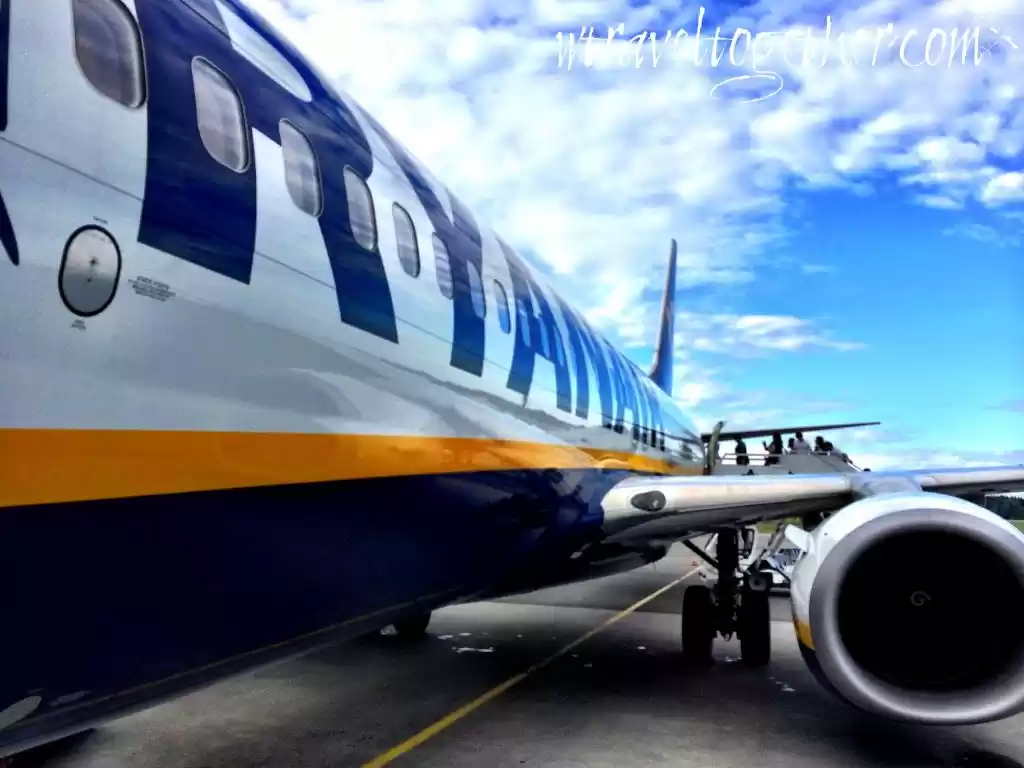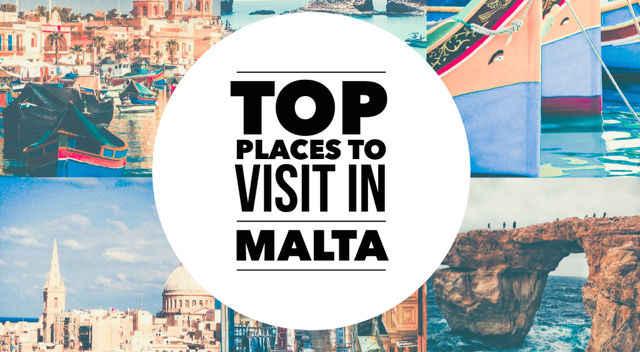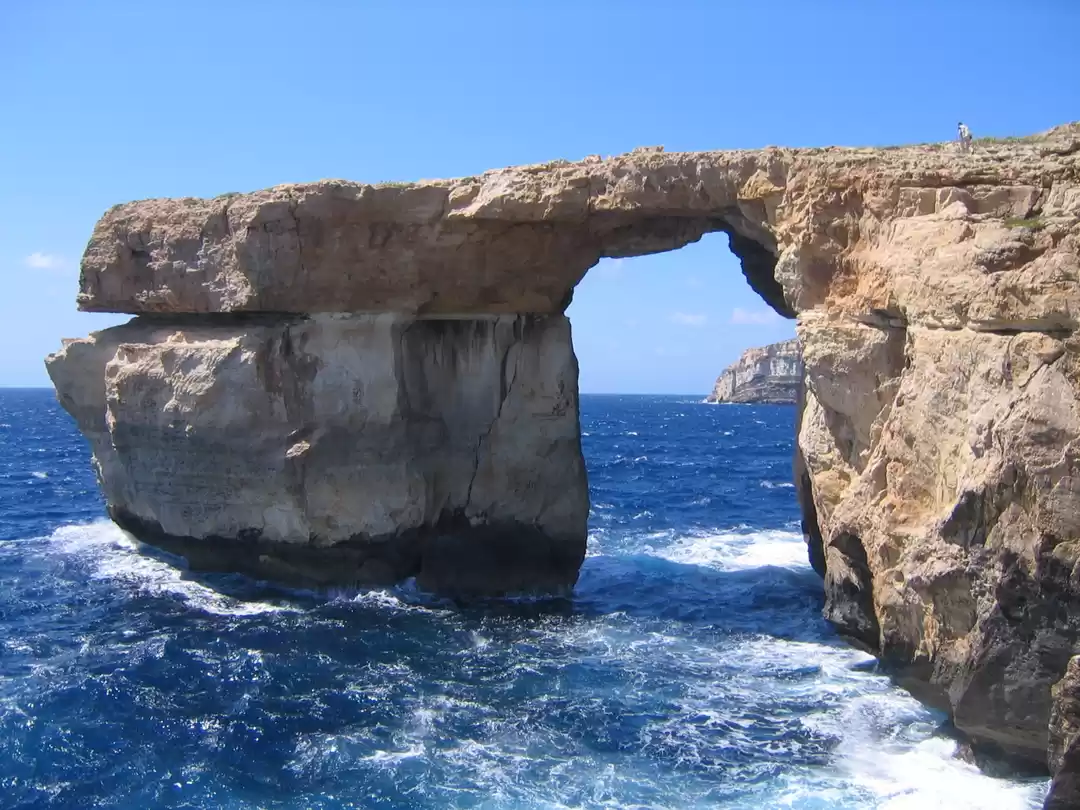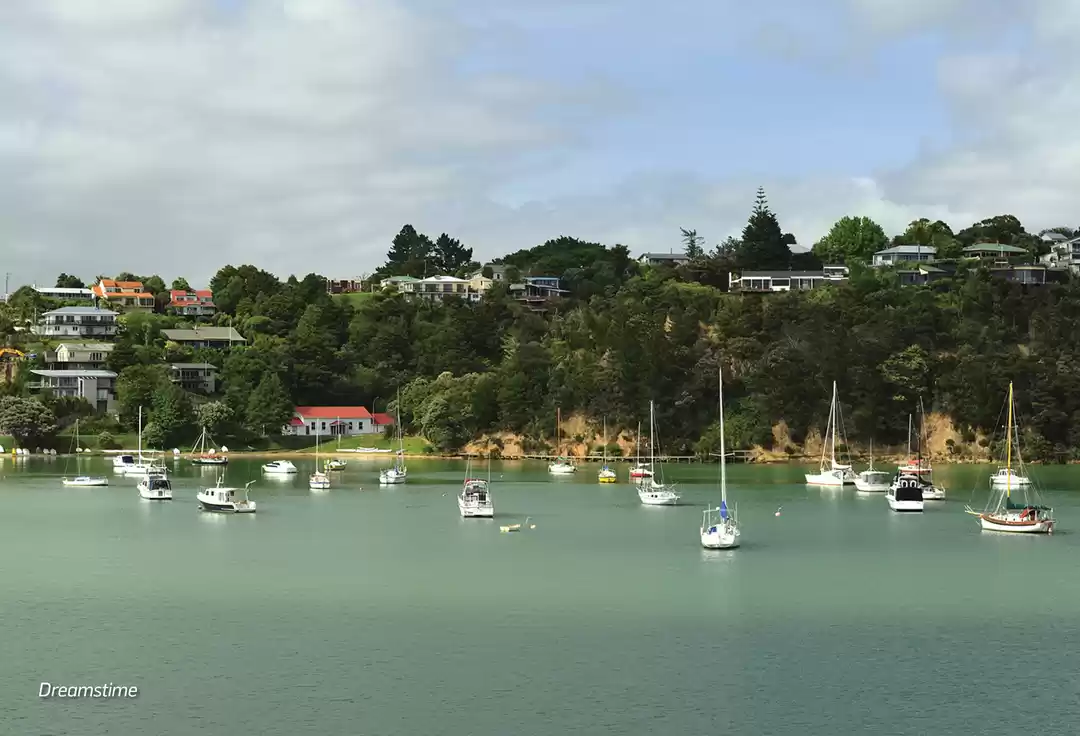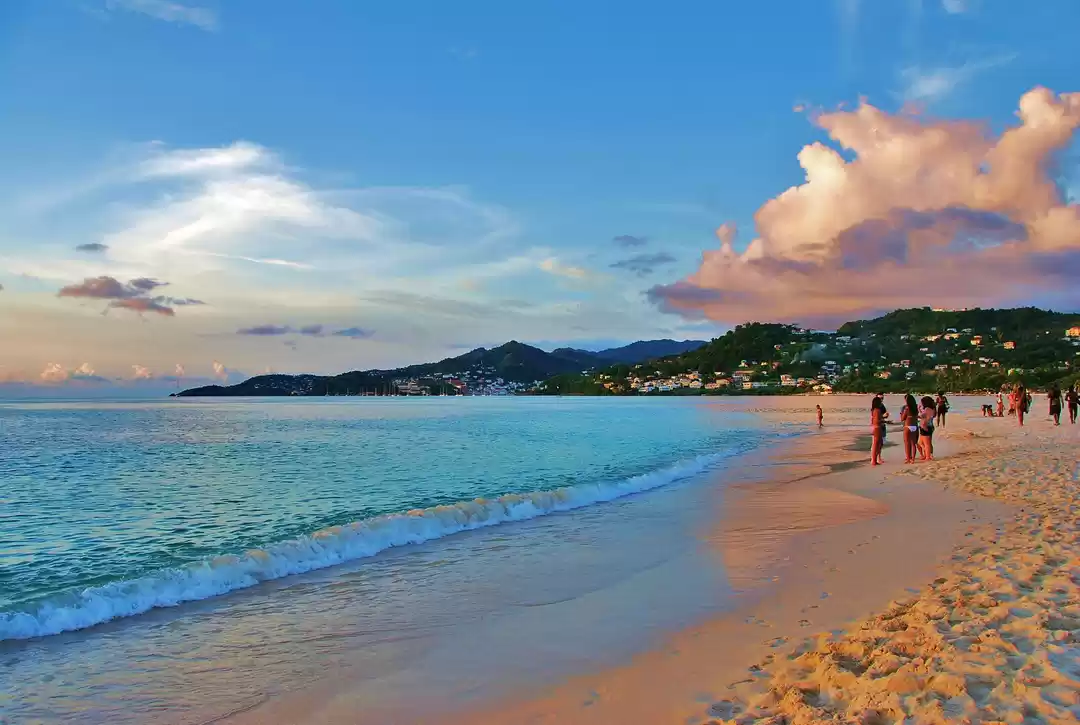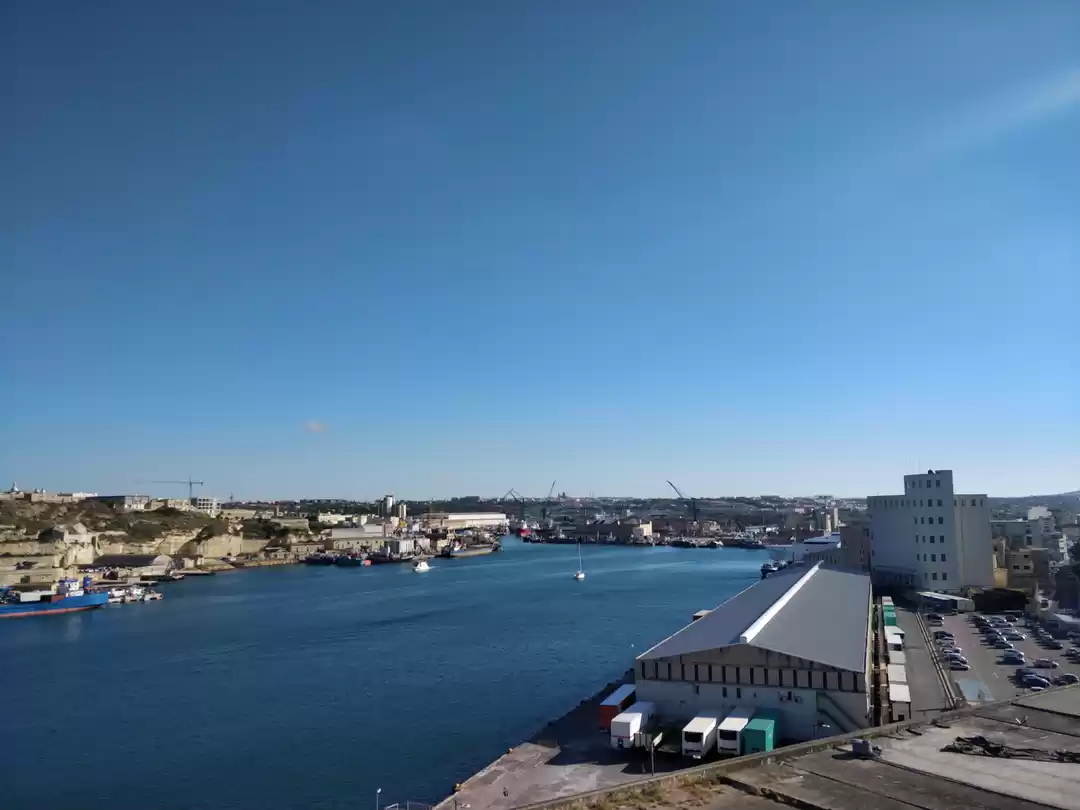Malta Tourism and Travel Guide
Malta (/ˈmɒltə/; Maltese: [ˈmɐltɐ]), officially the Republic of Malta (Maltese: Repubblika ta' Malta), is a Southern European island country comprising an archipelago in the Mediterranean Sea. It lies 80 km (50 mi) south of Italy, 284 km (176 mi) east of Tunisia, and 333 km (207 mi) north of Libya. The country covers just over 316 km2 (122 sq mi), with a population of just under 450,000 (despite an extensive emigration programme since the Second World War), making it one of the world's smallest and most densely populated countries. The capital of Malta is Valletta, which at 0.8 km2, is the smallest national capital in the European Union. Malta has two official languages: Maltese and English.Malta's location has historically given it great strategic importance as a naval base, and a succession of powers, including the Phoenicians, Romans, Moors, Normans, Sicilians, Spanish, Knights of St. John, French and British, have ruled the islands.Malta was awarded the George Cross by King George VI in 1942, for the country's bravery in the Second World War. The George Cross continues to appear on Malta's national flag. Under the Malta Independence Act, passed by the British Parliament in 1964, Malta gained independence from the United Kingdom as an independent sovereign Commonwealth realm, officially known from 1964 to 1974 as the State of Malta, with Elizabeth II as its head of state. The country became a republic in 1974, and although no longer a Commonwealth realm, remains a current member state of the Commonwealth of Nations. Malta was admitted to the United Nations in 1964 and to the European Union in 2004; in 2008, it became part of the Eurozone.Malta has a long Christian legacy and its Roman Catholic Archdiocese of Malta is claimed to be an Apostolic See because, according to the Acts of the Apostles, Paul the Apostle was shipwrecked on Malta. Catholicism is the official religion in Malta.Malta is a popular tourist destination with its warm climate, numerous recreational areas, and architectural and historical monuments, including three UNESCO World Heritage Sites: Ħal Saflieni Hypogeum, Valletta, and seven Megalithic Temples, which are some of the oldest free-standing structures in the world.

